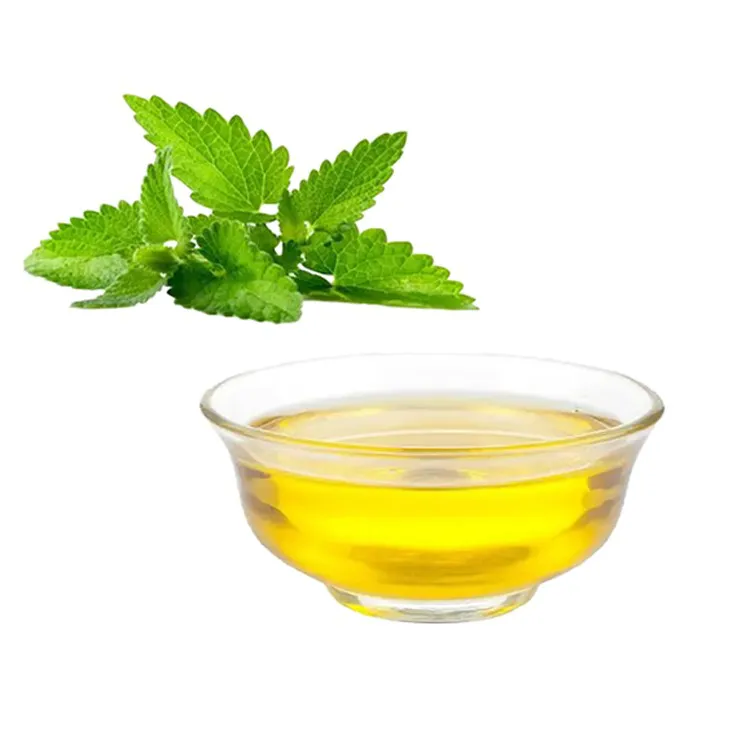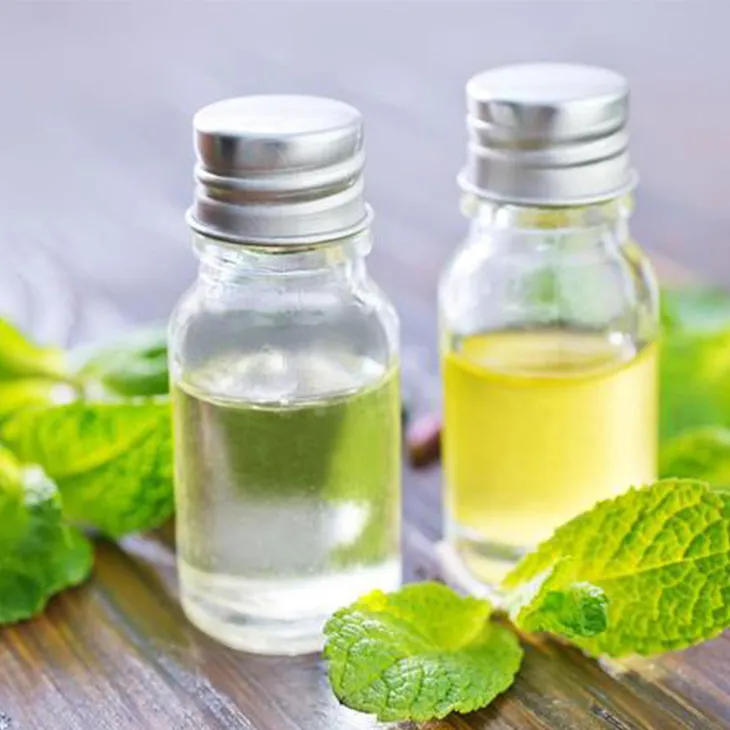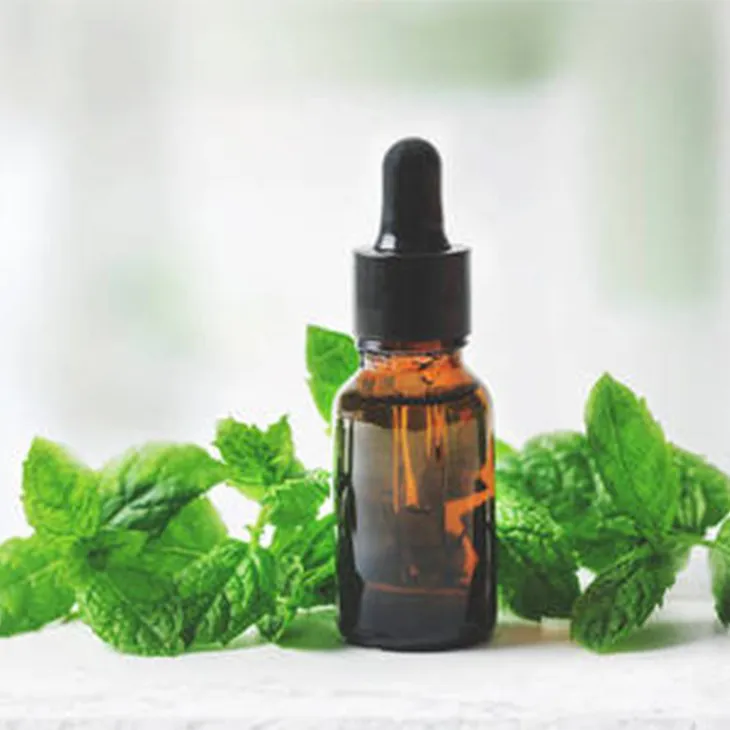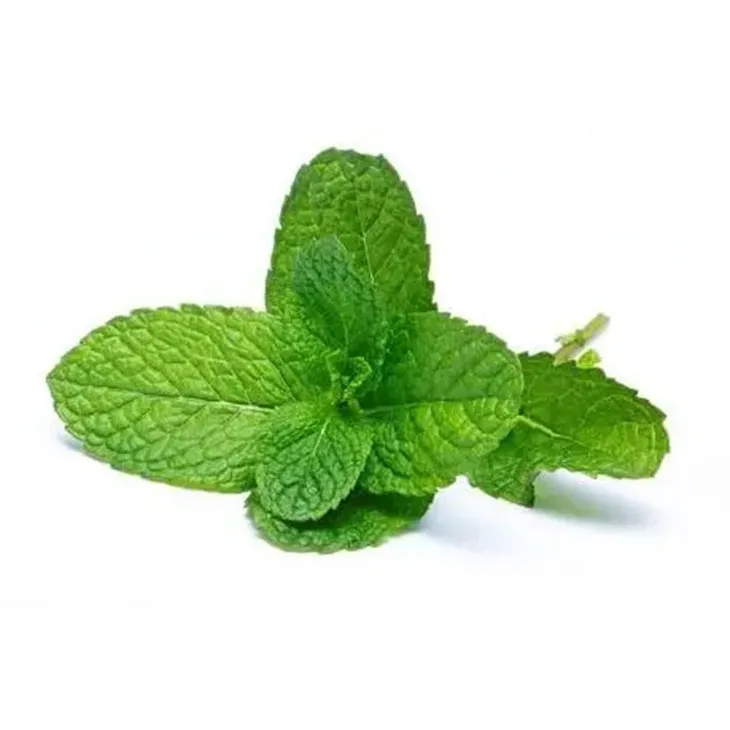- 0086-571-85302990
- sales@greenskybio.com
Wholesale Peppermint Oil Suppliers.
2024-12-01

1. Introduction to Peppermint Oil
Peppermint Oil is a highly versatile and valuable essential oil. It is derived from the peppermint plant (Mentha × piperita), which is a hybrid of watermint and spearmint. The oil has a characteristic fresh, minty aroma that is instantly recognizable. In the food and beverage industry, it is used as a flavoring agent in products such as candies, chewing gums, and herbal teas. Its cooling and refreshing properties make it a popular addition to these items.
In the cosmetics industry, Peppermint Oil is widely used in skincare and haircare products. It can provide a cooling sensation on the skin, which is beneficial for products like facial toners and body lotions. In haircare, it can help soothe the scalp and may promote hair growth. In the pharmaceutical industry, it has been used for its potential medicinal properties, such as relieving nausea, reducing muscle pain, and helping with respiratory problems.

2. The Role of Wholesale Suppliers
Wholesale suppliers of peppermint oil are essential in the supply chain. They serve as the link between the producers (such as farmers or distillers) and the end - users (which include manufacturers in various industries, retailers, and even some consumers).
Meeting Market Demand
One of the primary roles of wholesale suppliers is to meet the market demand for peppermint oil. Given its wide - range of applications, the demand for peppermint oil can be significant. Wholesale suppliers need to ensure that they have an adequate supply to meet the needs of their customers. This requires careful inventory management and forecasting.
Economies of Scale
By operating on a wholesale level, these suppliers can take advantage of economies of scale. They can purchase large quantities of peppermint oil directly from the source, which often results in lower per - unit costs. This enables them to offer competitive prices to their customers. For example, a small - scale manufacturer of natural skincare products may not be able to afford to buy peppermint oil in small quantities at a high price. However, by purchasing from a wholesale supplier, they can access the oil at a more affordable price, allowing them to incorporate it into their products without significantly increasing the cost.

3. Quality Control Measures
Quality control is of paramount importance for wholesale peppermint oil suppliers.
Sourcing from Reliable Farmers
One of the first steps in ensuring quality is sourcing the peppermint from reliable farmers. Reputable farmers follow good agricultural practices, which can have a significant impact on the quality of the peppermint plant and, ultimately, the oil. For example, they may use proper irrigation techniques, avoid the over - use of pesticides, and ensure that the plants are grown in suitable soil conditions. By sourcing from such farmers, wholesale suppliers can start with a high - quality raw material.
Testing for Purity and Potency
Wholesale suppliers also conduct multiple tests on the peppermint oil to ensure its purity and potency. Purity tests are important to check for any contaminants, such as heavy metals or other impurities that may be present in the oil. Potency tests, on the other hand, are used to determine the concentration of the active components in the oil, such as menthol. These tests are typically carried out in well - equipped laboratories using advanced analytical techniques.

4. Production Facilities and Procurement Networks
Many wholesale peppermint oil suppliers are equipped with large - scale production facilities or have strong procurement networks.
Production Facilities
Production facilities play a crucial role in the processing of peppermint oil. These facilities are designed to extract the oil from the peppermint plant in an efficient and hygienic manner. They may use different extraction methods, such as steam distillation, which is a common method for extracting essential oils. In a steam distillation facility, the peppermint plant material is exposed to steam, which causes the oil to vaporize. The vapor is then condensed back into a liquid, which is the peppermint oil. These facilities need to maintain strict quality control during the production process to ensure that the final product meets the required standards.
Procurement Networks
Strong procurement networks are also important for wholesale suppliers. A well - developed network allows them to source peppermint oil from different regions, which can be beneficial in terms of quality and cost. For example, peppermint may be grown in different climates and soil conditions, and each region may produce oil with slightly different characteristics. By having a diverse procurement network, suppliers can select the best - quality peppermint oil based on their customers' requirements. Additionally, a wide procurement network can help in ensuring a continuous supply of peppermint oil, even if there are issues with production in one particular area.

5. Different Types of Wholesale Peppermint Oil Suppliers
There are several different types of wholesale peppermint oil suppliers in the market.
Direct Producers
Some wholesale suppliers are also the direct producers of peppermint oil. These are often farmers or farming cooperatives that have the means to extract and distribute the oil on a wholesale basis. They have the advantage of having complete control over the production process, from growing the peppermint plants to packaging the final product. This can result in a high - quality product as they can ensure that all aspects of production meet their standards.
Distributors
Distributors are another type of wholesale peppermint oil supplier. They do not produce the oil themselves but instead source it from multiple producers and then distribute it to their customers. Distributors often have a wide network of suppliers and customers, which allows them to offer a variety of peppermint oil products. They may also provide additional services such as storage and logistics, which can be beneficial for their customers.
Specialty Suppliers
Specialty suppliers focus on a particular type or grade of peppermint oil. For example, there may be specialty suppliers that deal only with organic peppermint oil or with peppermint oil that has a very high menthol content. These suppliers target specific markets or industries that have a particular need for these types of peppermint oil.
6. Considerations for Choosing a Wholesale Peppermint Oil Supplier
When choosing a wholesale peppermint oil supplier, there are several important factors to consider.
Quality
The quality of the peppermint oil should be the top priority. This includes factors such as purity, potency, and the absence of contaminants. A reliable supplier should be able to provide detailed information about the quality of their oil, including test results and certificates of analysis.
Price
Price is also an important consideration. While it is not advisable to choose a supplier based solely on price, it is necessary to ensure that the prices offered are competitive. However, it is important to balance price with quality, as a lower - priced product may not always be of the best quality.
Reliability and Reputation
The reliability and reputation of the supplier are crucial. A supplier with a good reputation is more likely to provide consistent quality and reliable service. This can be determined by looking at customer reviews, industry references, and the supplier's track record in the market.
Customer Service
Good customer service is essential when dealing with a wholesale supplier. This includes aspects such as prompt response to inquiries, assistance with order placement and delivery, and the ability to handle any issues or complaints that may arise.
7. The Future of Wholesale Peppermint Oil Suppliers
The future of wholesale peppermint oil suppliers looks promising, but also comes with certain challenges.
Growing Demand
As the awareness of the benefits of natural products, including peppermint oil, continues to grow, the demand for peppermint oil is expected to increase. This presents an opportunity for wholesale suppliers to expand their business and reach new markets. However, they will also need to ensure that they can meet this growing demand without compromising on quality.
Sustainable Sourcing
There is also a growing emphasis on sustainable sourcing in the industry. Consumers and businesses are increasingly interested in products that are sourced in an environmentally and socially responsible manner. Wholesale peppermint oil suppliers will need to adapt to this trend by promoting sustainable farming practices among their suppliers and ensuring that their procurement processes are sustainable.
Technological Advancements
Technological advancements are likely to play a significant role in the future of wholesale peppermint oil suppliers. New extraction techniques and quality control methods may emerge, which could improve the efficiency and quality of production. Suppliers will need to stay updated with these technological changes to remain competitive in the market.
FAQ:
What are the main applications of peppermint oil?
Peppermint oil has diverse applications. In the food and beverage industry, it can be used for flavoring. In cosmetics, it may contribute to skincare products for its refreshing and soothing properties. In the pharmaceutical field, it can be an ingredient in some medications for its potential therapeutic effects.
How do wholesale peppermint oil suppliers ensure quality?
Wholesale peppermint oil suppliers ensure quality through several means. They source from reliable farmers, which is a crucial starting point. Also, they conduct multiple tests on the purity and potency of the peppermint oil. These strict quality control measures help to guarantee that the product meets high - quality standards.
Why can wholesale suppliers offer competitive prices?
Wholesale suppliers can offer competitive prices mainly because of economies of scale. With large - scale production facilities or strong procurement networks, they are able to buy and sell in large quantities. This reduces the unit cost, enabling them to offer more favorable prices to their customers.
What kind of production facilities do wholesale peppermint oil suppliers usually have?
Wholesale peppermint oil suppliers often have large - scale production facilities. These may include advanced distillation equipment for extracting peppermint oil from the plants. They also might have storage facilities to keep the peppermint oil in proper conditions to maintain its quality.
How important are wholesale suppliers for businesses using peppermint oil?
Wholesale suppliers are very important for businesses using peppermint oil. They ensure a stable supply of peppermint oil, which is essential for businesses to meet their production needs. Also, their ability to offer competitive prices helps businesses control costs, and the high - quality products they provide contribute to the quality of the final products of these businesses.
Related literature
- Peppermint Oil: Properties, Applications and Quality Control"
- "The Role of Wholesale Suppliers in the Peppermint Oil Market"
- "Peppermint Oil: Sourcing and Quality Assurance in the Wholesale Market"
- ▶ Hesperidin
- ▶ citrus bioflavonoids
- ▶ plant extract
- ▶ lycopene
- ▶ Diosmin
- ▶ Grape seed extract
- ▶ Sea buckthorn Juice Powder
- ▶ Beetroot powder
- ▶ Hops Extract
- ▶ Artichoke Extract
- ▶ Reishi mushroom extract
- ▶ Astaxanthin
- ▶ Green Tea Extract
- ▶ Curcumin Extract
- ▶ Horse Chestnut Extract
- ▶ Other Problems
- ▶ Boswellia Serrata Extract
- ▶ Resveratrol Extract
- ▶ Marigold Extract
- ▶ Grape Leaf Extract
- ▶ blog3
- ▶ blog4
-
The best lemon juice powder in nature.
2024-12-01
-
Organic Vitamin K2 Powder Suppliers
2024-12-01
-
Bulk purchase of L - tyrosine.
2024-12-01
-
Vitamin K2 Manufacturers
2024-12-01
-
100% Pure Natural Rutin.
2024-12-01
-
Chinese Citrus Bioflavonoid Suppliers.
2024-12-01
-
Chia Seed Powder
2024-12-01
-
Honeysuckle Pollen
2024-12-01
-
Maca Extract
2024-12-01
-
Coconut Water Powder
2024-12-01
-
Yohimbine Bark Extract
2024-12-01
-
Echinacea Extract
2024-12-01
-
Lavender Extract
2024-12-01
-
Citrus bioflavonoids
2024-12-01
-
Garcinia Cambogia Extract
2024-12-01
-
Clove Powder
2024-12-01





















